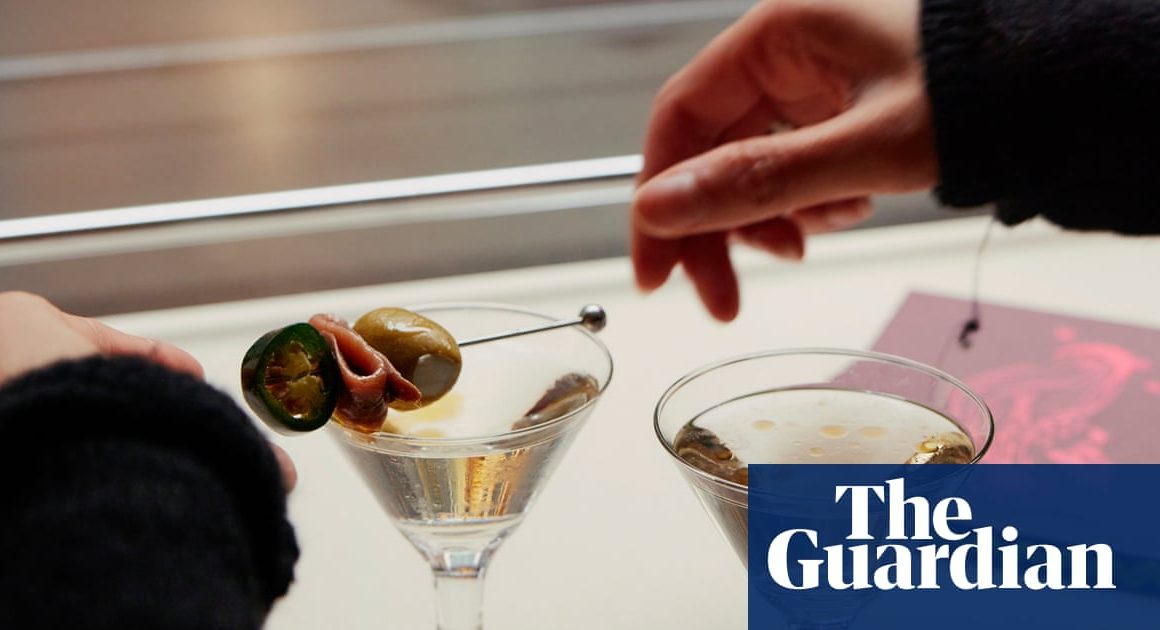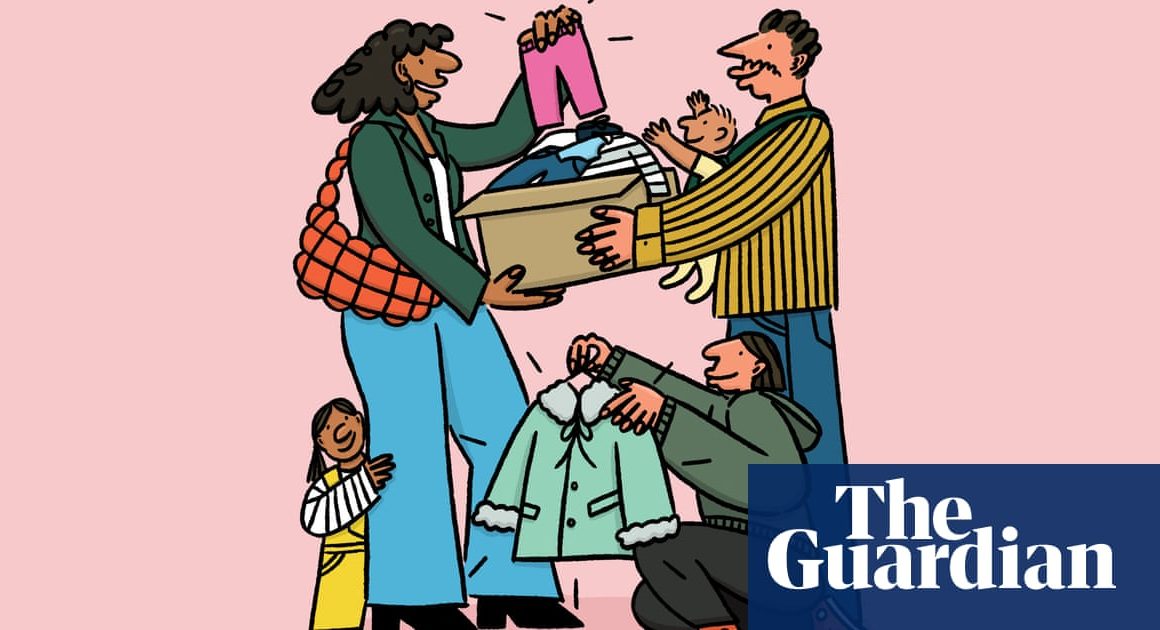When we first met Emily in Paris’s Sylvie Grateau in 2020, the high-powered marketing manager looked set to represent everything the show’s protagonist was not. Emily was bright-eyed, American and gratingly chirpy; Sylvie was cool, French and had cigarettes for lunch. Emily dressed in vivid colours and clashing prints and wore berets and bucket hats; Sylvie’s wardrobe was all sleek black tailoring – and she would probably rather die than wear anything resembling a bucket.
Sylvie (Philippine Leroy-Beaulieu) duly filled the role of the show’s antagonist: opposed to Emily’s very presence in Paris, she challenged her at every turn. But over four seasons, her softer side has emerged. She has fallen in and out of love, shaken off corporate overlords, spoken out against sexism and abuse in the fashion industry and even taken Emily under her wing. And now, it seems, she has become the star of the show. Vogue, Cosmopolitan and Stylist magazines have called for a Sylvie spin-off series. A running joke among fans involves making a pointed tweak to the name of the show: “It’s time for my annual binge watch of Emily in Paris, also known as Sylvie in Paris,” reads one tweet.
It wasn’t immediately obvious that Sylvie would evolve into the show’s breakout star. Emily in Paris was, at least at first, about millennial and gen Z culture, anchored by a story about a twentysomething marketing executive becoming big on Instagram. When I met Leroy-Beaulieu on a set visit in April, the actor, 61, was slightly baffled that her character had become such a hit among fans. “I thought [Sylvie] was only going to appeal to an older audience, but she’s a strong character, so I guess for a lot of women that can be inspiring,” she ventured. “She speaks her mind.” She reportedly drew inspiration for Sylvie from her mother, who designed knitwear and accessories for Dior.
It’s not the first time a straight-talking, sartorially gifted boss – terrifying in her authority and delicious in her meanness – has stolen the show. No one quotes The Devil Wears Prada’s aspiring journalist Andy Sachs, but Runway editor-in-chief Miranda Priestly’s withering comments about the predictability of florals for spring, “Get me Patrick” and the “cerulean monologue” have ascended into pop culture legend. Similarly, Ugly Betty’s conniving fashion magazine director, Wilhelmina Slater, played by Vanessa Williams, won over fans with lines such as “I’m Wilhelmina Slater. I don’t get wet” (as she steals a taxi from Betty White – the real Betty White – on a rainy night). Wilhelmina featured in Entertainment Weekly’s list of the 100 greatest characters of the past 20 years – the only character included from the show. (In a wonderful twist, Williams is now playing Priestly in the musical adaptation of The Devil Wears Prada on stage.)
Sylvie is no different – and the latest season of Emily in Paris continues to push her centre-stage. Season four still features plenty of fluff – Eurovision love triangles, Michelin-star-related love triangles, side hustles selling lube as facial moisturiser (yes, really) – but increasingly, Sylvie anchors it all. In the latest season alone, she exposes a sexual predator, negotiates the realities of her open marriage and expands her business to Rome. Easily the most complex character in the show, she is vulnerable one moment, charming the next – without losing any of her steely determination.
A show’s protagonist often serves as a surrogate for the audience, introducing viewers to the world on-screen – it is amiable Emily (or Andy, or Betty) who acts as an unthreatening guide. Their bosses, on the other hand, are rather less wide-eyed, less concerned with people-pleasing and a whole lot more fun to watch. The delight comes from seeing a female character crammed full of aspirational attributes: total self-possession, blunt determination and an impossibly chic wardrobe.
The love for these women speaks to the idea that, no matter how much these shows revolve around the romantic entanglements of their central character, nothing a man could say would be more affirming than gaining approval from a cool, more experienced female colleague. In one of her best-loved lines, Sylvie instructs a straitlaced Emily: “You’ve got the rest of your life to be as dull as you wish. But while you’re here, fall in love. Make mistakes. Leave a disastrous trail in your wake.” More advice like that, please.











